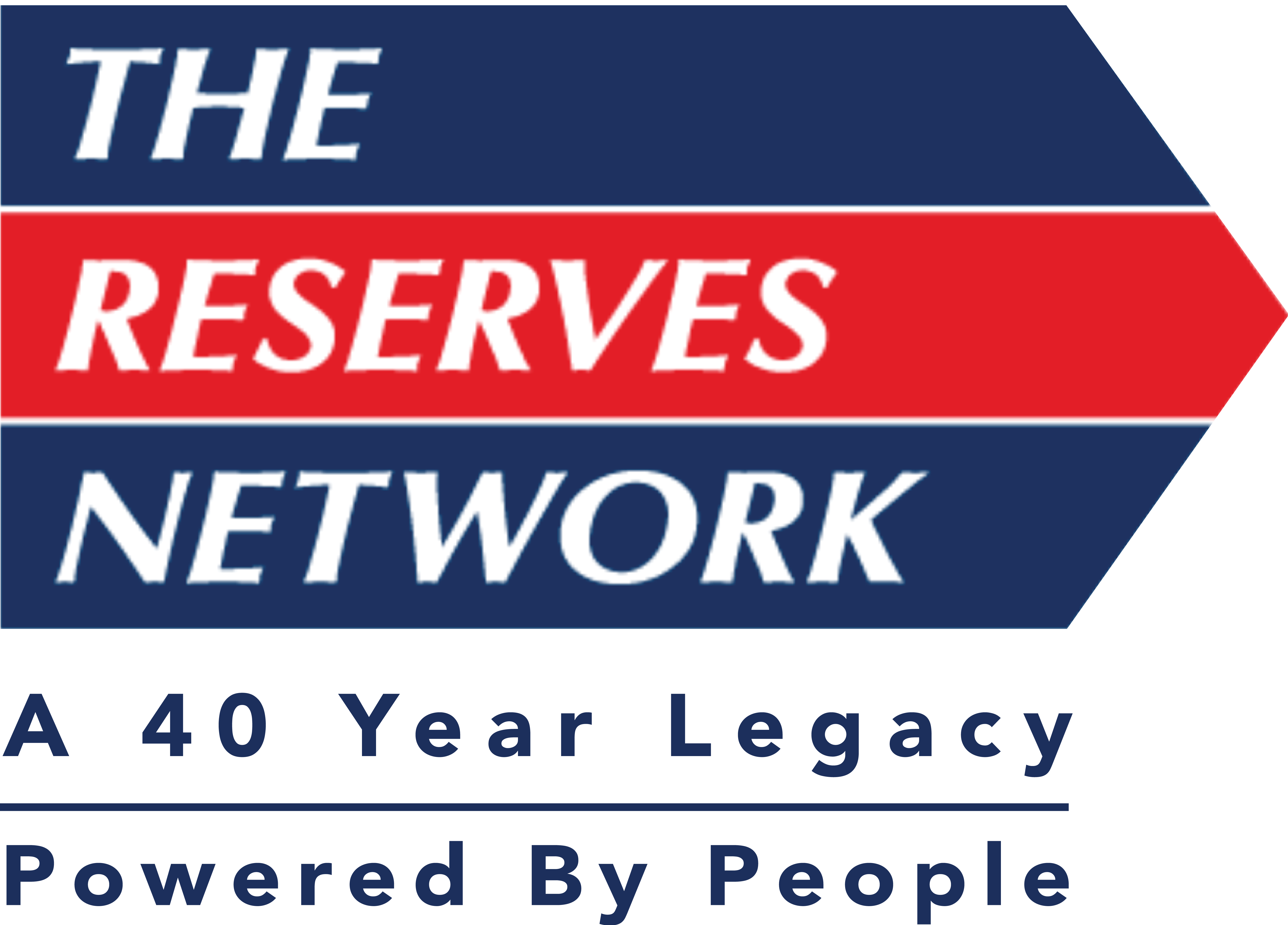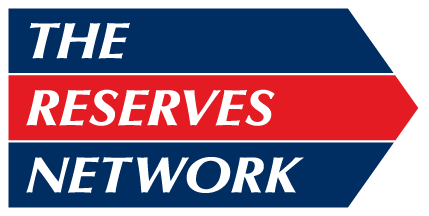Who Should be a Reference on Your Next Job Application?
If you are embarking on a job search, you’ve probably spent a lot of time polishing your resume, practicing your interview skills and researching companies. But how much time have you spent preparing your references? Do you have a list ready to go, or do you just throw together some names at the last minute when you are asked? References can make or break your chances of landing a great job, so it is important to be strategic about your choices.
People Who Should Never Be Used as a Job Reference
Sometimes, when making lists of professional references, it’s best to start with who you can eliminate. Generally speaking, these are people who should never be included on your list:
- Family members. Even if you worked for your family business, do not include relatives on your reference list. No one expects them to be objective, even if they managed you on the job.
- Friends. It can be tempting to use friends, but when the hiring manager discovers they never actually worked with you, it will disqualify you from being hired.
- Anyone who fired you. Even if you’ve maintained a decent relationship with a former boss who let you go, keep them off the list.
- Anyone who has not granted permission. Always get permission before putting someone on your reference list.
How To Choose Great References
Now that you know who you shouldn’t include, it’s time to think about the people who would make strong references. As you compile your list, think about:
- Pulling from different categories. It’s nice to have a variety of leadership levels on your list. Consider including immediate supervisors, leaders you closely worked with, team leaders and even customers or vendors. This can help paint a clear picture of who you are as a professional.
- Starting with your most recent job. References should always be fresh. While older references may be valid, if all of your references are from jobs you held ten years ago, it could send the message that your most recent work isn’t stellar.
- Matching references to the position. Think about the specific role you’re applying for and the responsibilities associated with the job, then build your reference list based on people who can address those specific skills.
- Reaching beyond work. If you volunteer your professional skills for a nonprofit organization, you can include high-level references from that organization. It shows you are well-rounded and active in the community.
At the end of the day, the most important thing to remember is to choose people who have actually worked with you, who have agreed to be a reference and who you trust to speak about you in positive terms.
Looking For A Great New Job?
If you are looking for new job opportunities, The Reserves Network can help. Browse our current job openings or contact us to learn more today.


